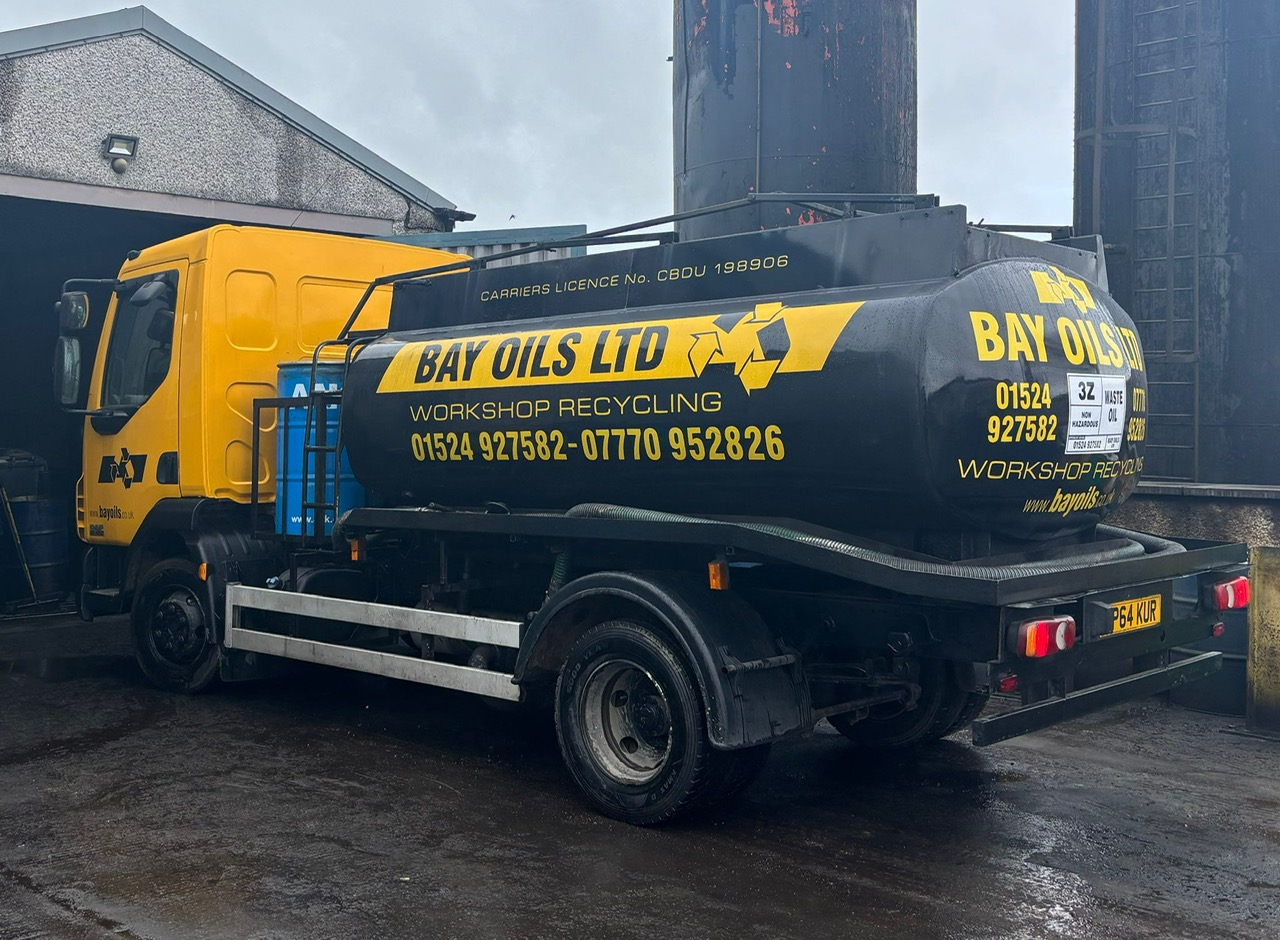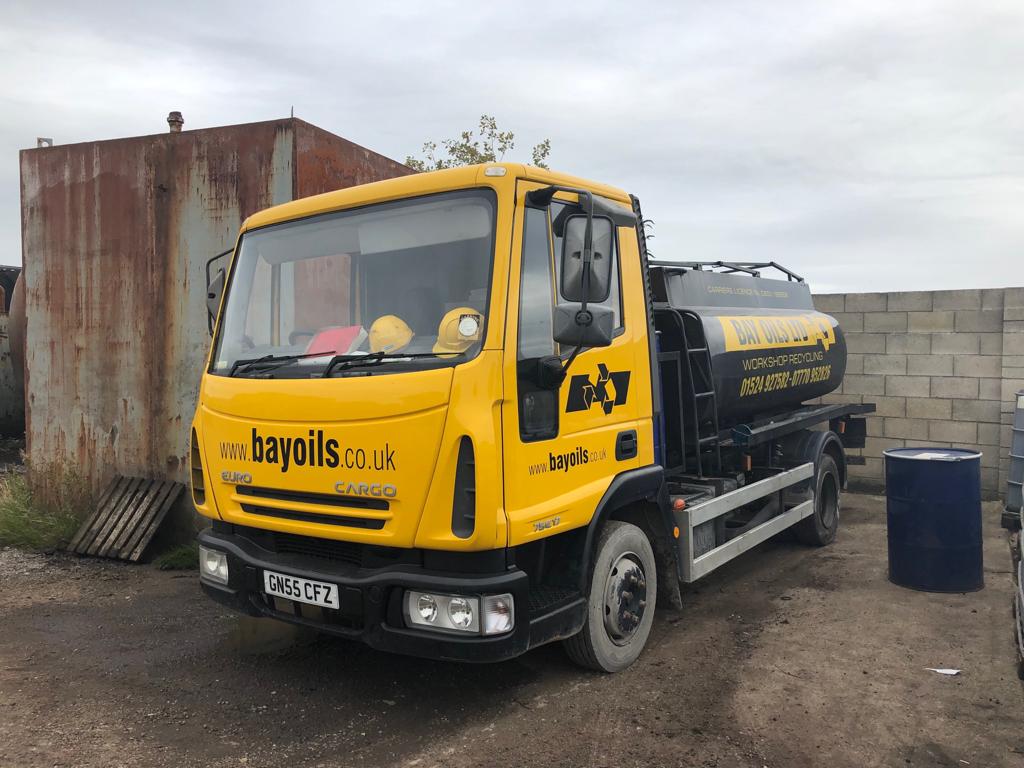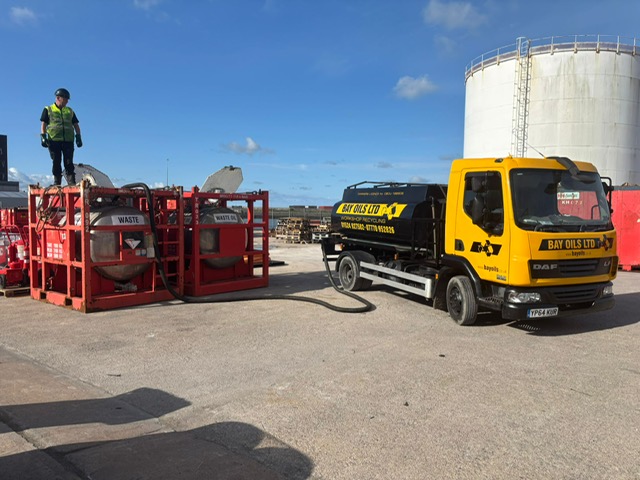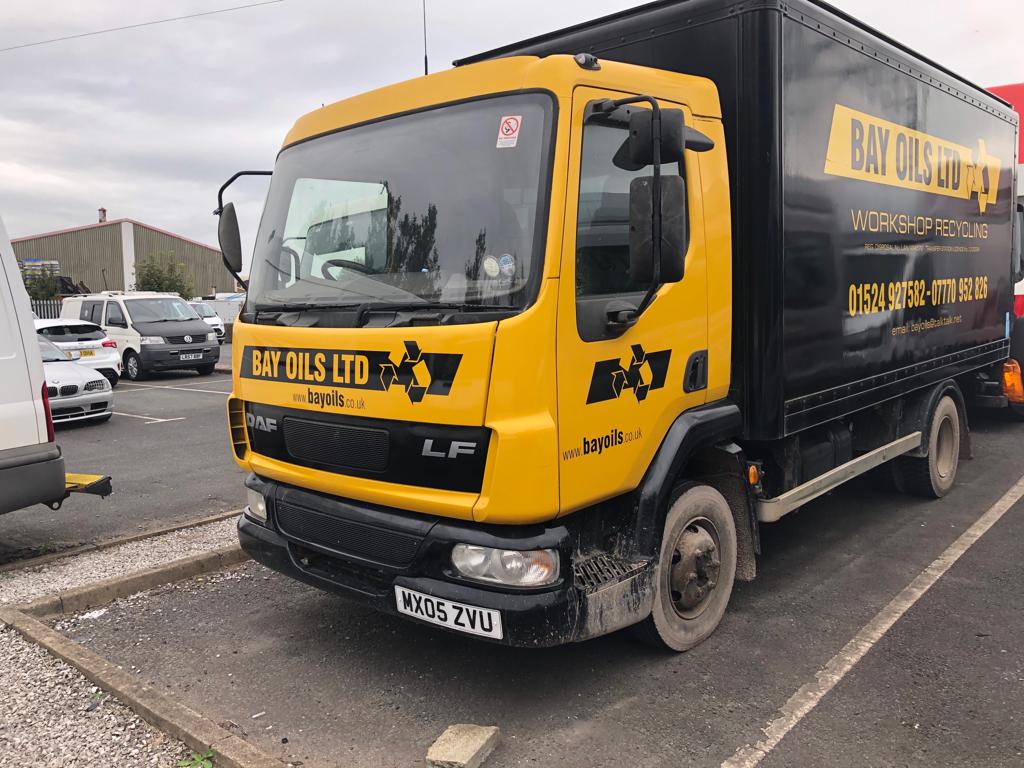waste oil collection
Get in touch to find our more on our waste oil collection services.
BAY OILS LTD

DISPOSAL OF HAZARDOUS WASTE
Disposal of hazardous waste is extremely important to do correctly as most hazardous materials can be dangerous to either humans, animals or the environment.

INTERCEPTOR WASTE COLLECTION
Regular interceptor waste collection is a key part of keeping your site running efficiently, avoiding environmental accidents and damage problems.

WASTE OIL RECYCLING
Bay Oils Ltd we have been in the waste oil recycling industry for over 25 years so it is safe to say we are extremely experienced and professional at what we do!
waste oil collection
Waste oil collection refers to the process of gathering used or spent oil from various sources for proper disposal, recycling, or reprocessing. Waste oil, also known as used oil, can be generated from a variety of activities, such as automobile maintenance, industrial processes, and cooking. It is crucial to handle waste oil properly because improper disposal can have harmful environmental and health effects.
Here are some key points related to waste oil collection:
Sources of Waste Oil:
Automotive Sector: Used motor oil from vehicles during oil changes.
Industrial Processes: Waste oil generated from machinery and equipment.
Commercial Kitchens: Cooking oil that needs to be replaced.

Collection Methods:
Drop-off Centres: Many communities have designated drop-off locations where individuals and businesses can bring their used oil for collection.
Scheduled Pickups: Some waste oil collection services offer scheduled pickups from businesses that generate large quantities of used oil.
Recycling Centers: Facilities equipped to handle the recycling or reprocessing of waste oil.
Storage and Handling:
Proper Containers: Used oil should be stored in appropriate containers, such as leak-proof drums or containers specifically designed for oil storage.
Labeling: Containers should be clearly labeled as “used oil” to avoid confusion with other materials.
Regulations and Compliance:
Environmental Regulations: Different regions may have specific regulations regarding the collection, transport, and disposal of waste oil. It’s important to comply with these regulations to prevent environmental pollution.
Licensing: Waste oil collection businesses may need licenses or permits to operate legally.
Recycling and Reprocessing:
Re-refining: Used oil can be re-refined to produce base oil, which can then be used to manufacture new lubricating oil.
Energy Recovery: Some waste oil is burned as fuel in specialised facilities to recover energy.
Environmental Benefits:
Reduced Pollution: Proper waste oil collection and recycling help prevent soil and water pollution caused by improper disposal.
Conservation of Resources: Recycling used oil reduces the need for new crude oil in the production of lubricating oil.
Community Awareness:
Education: Raising awareness among individuals and businesses about the importance of proper waste oil disposal and recycling.
If you’re considering waste oil collection, it’s crucial to familiarize yourself with local regulations and work with authorised and licensed waste management companies to ensure environmentally responsible practices.
What is the process of waste oil collection.
The process of waste oil collection involves several steps to ensure the safe and environmentally responsible handling of used or spent oil. Here’s a general overview of the waste oil collection process:
Identification and Segregation:
- Identify sources of waste oil, which may include automotive service centers, industrial facilities, commercial kitchens, and other establishments.
- Segregate the waste oil from other materials to prevent contamination.
Containerisation:
- Use appropriate containers for storing waste oil, such as drums or tanks specifically designed for oil storage.
- Ensure that containers are in good condition, labeled as “used oil,” and are leak-proof to prevent spills.
Collection Points:
- Establish collection points at the source of waste oil generation, such as auto repair shops, industrial facilities, or restaurants.
- Provide clear instructions on how to handle and store the waste oil until collection.
Scheduled Pickups or Drop-off Centers:
- Schedule regular pickups for businesses generating significant quantities of waste oil.
- Set up drop-off centers or designated locations where individuals can bring their used oil for proper disposal.
Transportation:
- Use authorised and licensed waste oil transporters for the safe and legal transport of collected oil.
- Comply with transportation regulations to prevent spills and accidents during transit.
Storage During Transport:
- Ensure that waste oil is stored securely during transportation to prevent leaks or spills.
- Use vehicles equipped with appropriate containment measures.
Processing and Recycling:
- Deliver collected waste oil to recycling facilities or reprocessing plants.
- The recycling process may involve re-refining the used oil to extract base oil or using it for energy recovery.
Compliance with Regulations:
- Adhere to local, regional, and national regulations regarding the collection, transportation, and disposal of waste oil.
- Obtain necessary permits or licenses to operate a waste oil collection service.
Documentation:
- Maintain accurate records of the amount of waste oil collected, transported, and processed.
- Document compliance with environmental regulations.
Public Awareness and Education:
- Educate businesses and individuals about the importance of proper waste oil disposal.
- Promote environmentally friendly practices and the benefits of recycling waste oil.
Monitoring and Quality Control:
- Implement monitoring systems to ensure the quality and safety of the waste oil collection process.
- Regularly review and update procedures to improve efficiency and compliance.
The waste oil collection process is a critical component of environmental sustainability, and it requires collaboration between businesses, individuals, waste management companies, and recycling facilities to achieve effective and responsible management of used oil.
